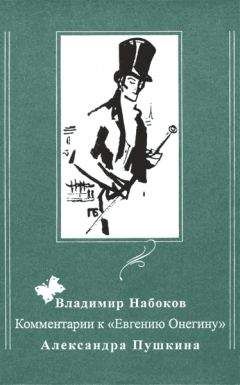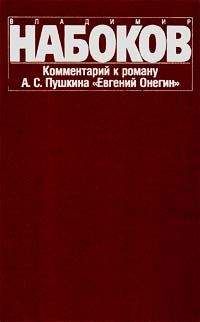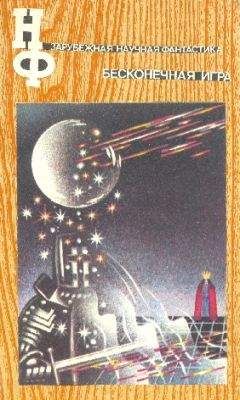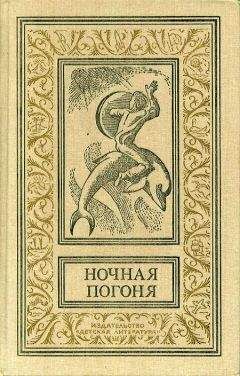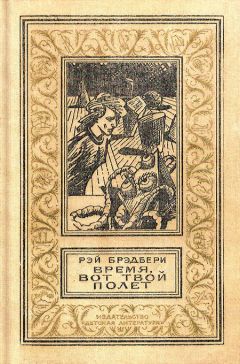XXXII
Diana's bosom, Flora's cheeks, are charming,
dear friends! Nevertheless, for me
something about it makes more charming
4 the small foot of Terpsichore.
By prophesying to the gaze
an unpriced recompense,
with token beauty it attracts the willful
8 swarm of desires.
I like it, dear Elvina,
beneath the long napery of tables,
in springtime on the turf of meads,
12 in winter on the hearth's cast iron,
on mirrory parquet of halls,
by the sea on granite of rocks.
I recollect the sea before a tempest:
how I envied the waves
running in turbulent succession
4 with love to lie down at her feet!
How much I wished then with the waves
to touch the dear feet with my lips!
No, never midst the fiery days
8 of my ebullient youth
did I long with such anguish
to kiss the lips of young Armidas,
or the roses of flaming cheeks,
12 or bosoms full of languor —
no, never did the surge of passions
thus rive my soul!
I have remembrance of another time:
in chary fancies now and then
I hold the happy stirrup
4 and feel a small foot in my hand.
Again imagination seethes,
again that touch has kindled
the blood within my withered heart,
8 again the ache, again the love!
But 'tis enough extolling haughty ones
with my loquacious lyre:
they are not worth either the passions
12 or songs by them inspired;
the words and gaze of the said charmers
are as deceptive as their little feet.
And my Onegin? Half asleep,
he drives from ball to bed,
while indefatigable Petersburg
4 is roused already by the drum.
The merchant's up, the hawker's out,
the cabby to the hack stand drags,
the Okhta girl hastes with her jug,
8 the morning snow creaks under her.
Morn's pleasant hubbub has awoken,
unclosed are shutters, chimney smoke
ascends in a blue column, and the baker,
12 a punctual German in a cotton cap,
has more than once already
opened his
vasisdas. But by the tumult of the ball fatigued,
and turning morning into midnight,
sleeps peacefully in blissful shade
4 the child of pastimes and of luxury.
He will awake past midday, and again
till morn his life will be prepared,
monotonous and motley, and tomorrow
8 'twill be the same as yesterday.
But was my Eugene happy —
free, in the bloom of the best years,
amidst resplendent conquests,
12 amidst delights of every day?
Was it to him of no avail
midst banquets to be rash and hale?
No, feelings early cooled in him.
Tedious to him became the social hum.
The fairs remained not long
4 the object of his customary thoughts.
Betrayals had time to fatigue him. Friends
and friendship palled,
since plainly not always could he
8 beefsteaks and Strasbourg pie
sluice with a champagne bottle
and scatter piquant sayings when
he had the headache;
12 and though he was a fiery scapegrace,
he lost at last his liking
for strife, saber and lead.
A malady, the cause of which
'tis high time were discovered,
similar to the English “spleen” —
4 in short, the Russian “chondria” —
possessed him by degrees.
To shoot himself, thank God,
he did not care to try,
8 but toward life became quite cold.
He like Childe Harold, gloomy, languid,
appeared in drawing rooms;
neither the gossip of the
monde nor boston,
12 neither a winsome glance nor an immodest sigh,
nothing touched him;
he noticed nothing.
. . . . . . . . . . . . . . . . . . .
. . . . . . . . . . . . . . . . . . .
. . . . . . . . . . . . . . . . . . .
Capricious belles of the
grand monde!
Before all others you he left;
and it is true that in our years
4 the upper
ton is rather tedious.
Although, perhaps, this or that dame
interprets Say and Bentham,
in general their conversation
8 is insupportable, though harmless tosh.
On top of that they are so pure,
so stately, so intelligent,
so full of piety,
12 so circumspect, so scrupulous,
so inaccessible to men,
that the mere sight of them begets the spleen.7
And you, young beauties, whom
at a late hour daredevil droshkies
carry away over the pavement
4 of Petersburg,
you also were abandoned by my Eugene.
Apostate from the turbulent delights,
Onegin locked himself indoors;
8 yawning, took up a pen;
wanted to write; but persevering toil
to him was loathsome: nothing
from his pen issued, and he did not get
12 into the cocky guild of people
on whom I pass no judgment — for the reason
that I belong to them.
And once again to idleness consigned,
oppressed by emptiness of soul,
he settled down with the laudable aim
4 to make his own another's mind;
he crammed a shelf with an array of books,
and read, and read — and all for nothing:
here there was dullness; there, deceit and raving;
8 this one lacked conscience; that one, sense;
on all of them were different fetters;
and outworn was the old, and the new raved
about the old.
12 As he'd left women, he left books
and, with its dusty tribe, the shelf
with funerary taffeta he curtained.
Having cast off the burden of the
monde's conventions,
having, as he, from vain pursuits desisted,
with him I made friends at that time.
4 I liked his traits,
to dreams the involuntary addiction,
nonimitative oddity,
and sharp, chilled mind;
8 I was embittered, he was gloomy;
the play of passions we knew both;
on both, life weighed;
in both, the heart's glow had gone out;
12 for both, there was in store the rancor
of blind Fortuna and of men
at the very morn of our days.
He who has lived and thought
cannot help in his soul despising men;
him who has felt disturbs
4 the ghost of irrecoverable days;
for him there are no more enchantments;
him does the snake of memories,
him does repentance gnaw.
8 All this often imparts
great charm to conversation.
At first, Onegin's language
would disconcert me; but I grew
12 accustomed to his biting argument
and banter blent halfwise with bile
and virulence of somber epigrams.
How oft in summertide, when limpid
and luminous is the nocturnal sky
above the Neva,8 and the gay
4 glass of the waters
does not reflect Diana's visage —
rememorating intrigues of past years,
rememorating a past love,
8 impressible, carefree again,
the breath of the benignant night
we mutely quaffed!
As to the greenwood from a prison
12 a slumbering clogged convict is transferred,
so we'd be carried off in fancy
to the beginning of young life.
With soul full of regrets,
and leaning on the granite,
Eugene stood pensive — as himself
4 the Poet9 has described.
'Twas stillness all; only night sentries
to one another called,
and the far clip-clop of some droshky
8 resounded suddenly from Million Street;
only a boat, oars swinging,
swam on the dozing river,
and, in the distance, captivated us
12 a horn and a brave song.
But, 'mid the night's diversions, sweeter
is the strain of Torquato's octaves.
